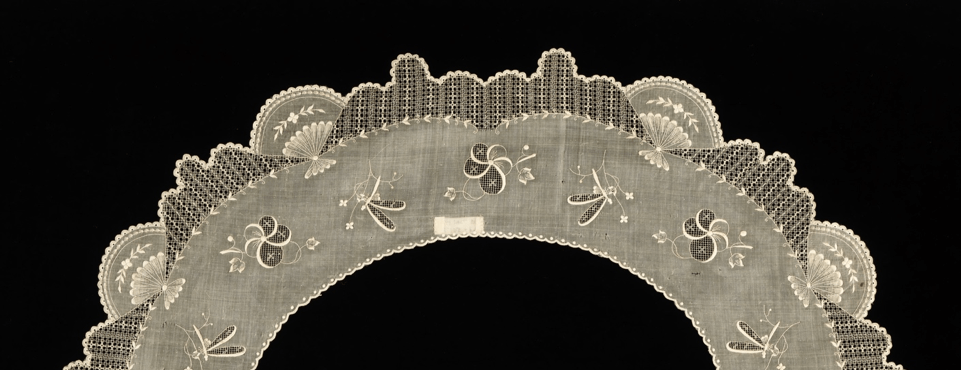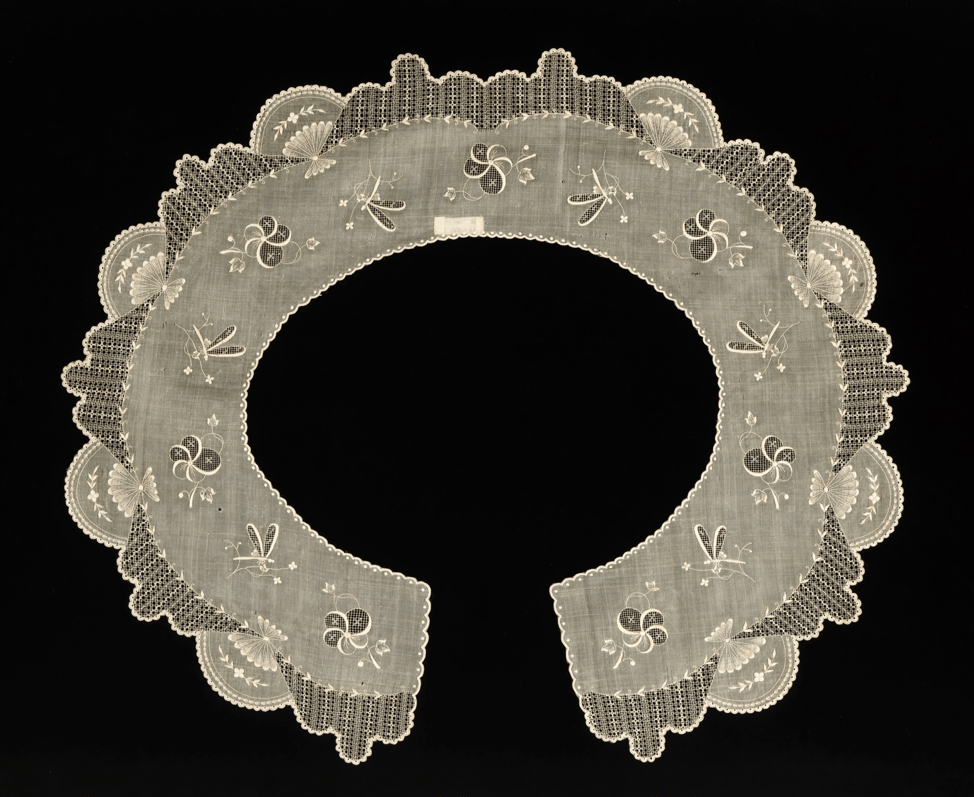Our Lady of Anomie: Pacification, Frontierization, and the Efflorescence of Popular Culture in Spain’s Spiritual Conquest of the Philippines (16th-18th c.)
John D. (Jody) Blanco
Literature
UC San Diego
“Our Lady of Anomie” begins with the premise that one cannot grasp the significance of Philippine literature and theater in its period of efflorescence (18th-early 19th centuries) without understanding the historical context of the Philippines as a frontier outpost of Spain’s overseas empire and as entrepôt of the trans-Pacific channel of world trade. The lack of comprehensive models to approach Philippine history between the 16th and 18th centuries complicates this premise; a lack that arises not from the paucity of official reports, petitions, and chronicles, but rather from their superabundance and the ensuing polemics over control of the historical narrative. “Our Lady of Anomie” undertakes the task of reading these histories against the grain of the experience of colonization as it was documented in late colonial romances and drama, pitting the political theology of the missionary orders responsible for the archipelago’s “spiritual conquest” against what anthropologist William Henry Scott called those “cracks in the parchment curtain.” These “cracks” expose the social consequences of protracted colonialism and frontierization. The resulting picture of colonial culture reveals the implicit collusion between native neophytes and the missionary orders to fashion “traditions” that were paradoxically based on perpetual reinvention.


